Ten years after Burundi plunged into political turmoil over a contested third presidential term, a new report by the UN Special Rapporteur on the human rights situation in the country warns that deep-rooted abuses persist. Addressing the UN Human Rights Council in Geneva on Thursday, Fortuné Gaetan Zongo raised serious concerns over political repression, the closure of civic space, and systematic impunity—just weeks after ruling party CNDD-FDD claimed a sweeping 96% victory in legislative and local elections.
According to Zongo, while the open violence of 2015 may have subsided, the democratic environment remains fundamentally compromised. He cited widespread electoral irregularities during the June 5 vote, including ballot stuffing, voter intimidation, and obstruction of observers—practices that, he argued, undermine the legitimacy of the electoral process.
“A striking example of this political lock-in is the 96% score achieved by the ruling party in the June 2025 elections, compared to 68% in 2020 and 60% in 2015. These figures reflect a lack of genuine political competition,” he said, adding that independent judicial recourse is virtually nonexistent due to a lack of judicial independence.
Zongo’s oral report underscored alarming trends: over 257,000 Burundians still live in exile amid ongoing fears of reprisals, while the country grapples with soaring inflation (40.9% in March 2025), chronic fuel shortages, and land disputes driven by elite corruption. A particularly egregious example, he said, is the growing pattern of unlawful land seizures targeting widows, orphans, and vulnerable families—often benefiting powerful figures within the ruling party.
The Special Rapporteur expressed additional concern over gender inequality, pointing to a March 2025 directive from the Supreme Court ordering judges to apply customary inheritance laws, which effectively exclude women from land succession. “This institutionalizes discrimination and violates Burundi’s international obligations on gender equality,” he said.
Burundi rejects UN report as outdated, calls elections legitimate
Despite these systemic issues, Burundi’s representative to the UN in Geneva, Ambassador Elisa Nkerabirori, forcefully rejected the Special Rapporteur’s findings and the legitimacy of the country-specific UN mandate. In a lengthy rebuttal, Nkerabirori accused the UN mechanism of clinging to a “frozen-in-time” image of Burundi and manipulating data to discredit the government.
“It is absurd that Burundi has been on this Council’s agenda for ten years, as though nothing has changed,” she said, emphasizing that the recent elections occurred in a peaceful and secure climate with high voter turnout. “We see the 96% result not as a sign of repression, but as an expression of the people’s confidence and unity.”
Nkerabirori also dismissed allegations of shrinking civic space and press repression as “falsehoods,” denouncing what she described as a decade-long campaign to demonize Burundian youth and tarnish the country’s image. She condemned what she called a Western-driven narrative, insisting that Burundi’s development is a sovereign national priority.
However, Zongo’s report tells a different story. He highlighted the ongoing harassment of independent journalists, including the case of reporter Sandra Muhoza, who remains detained without credible charges. He also flagged concerns about the politicization of Burundi’s national human rights commission, following the flight of its former president and the questionable appointment of new members.
Concluding his address, the Special Rapporteur called on the Burundian government to commit to meaningful democratic reforms, including credible, inclusive elections, restoration of civic freedoms, an end to land predation, and the establishment of independent judicial mechanisms to tackle impunity. He also urged the international community and regional actors to support a sustainable democratic transition.

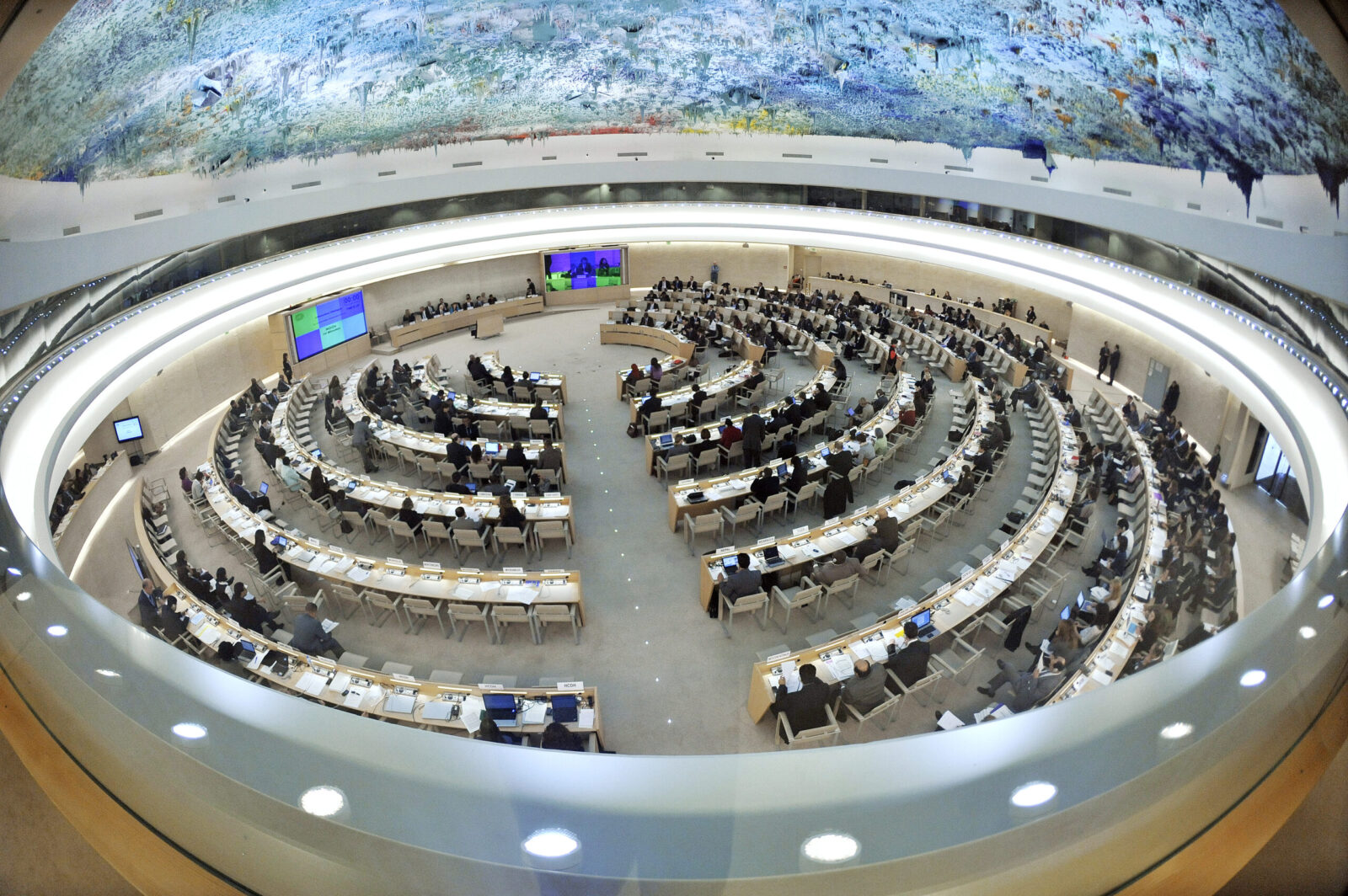

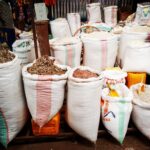
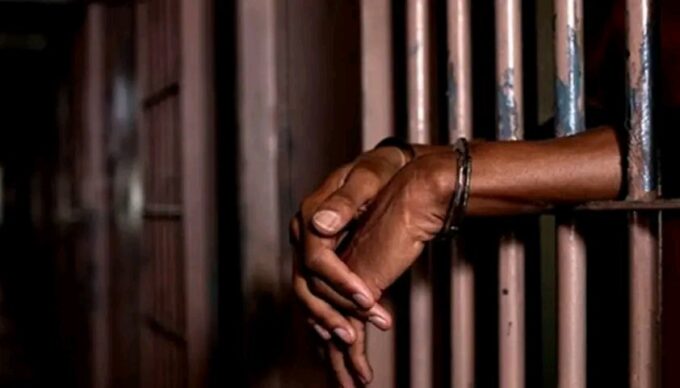
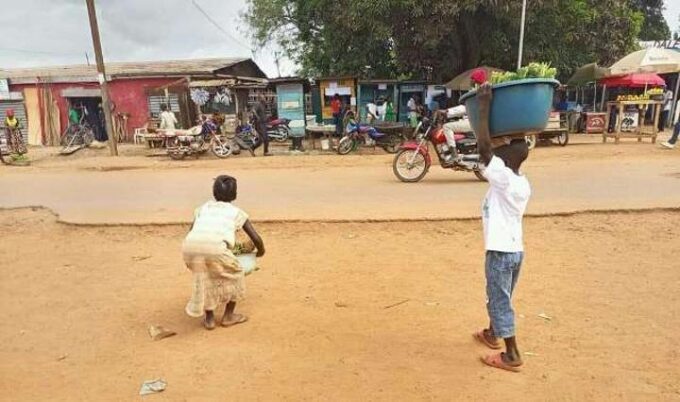
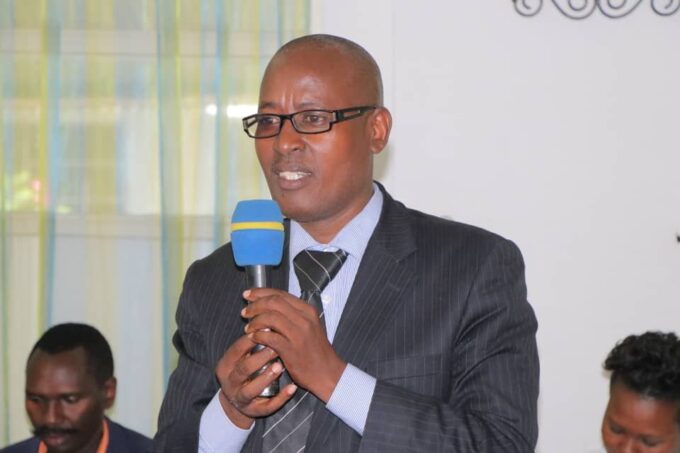
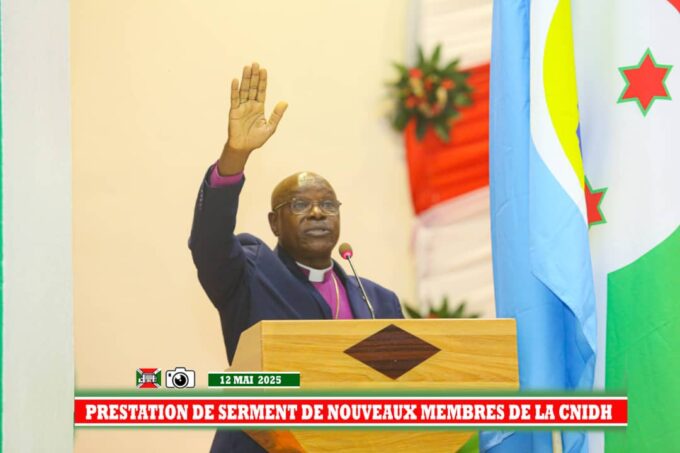
Leave a comment